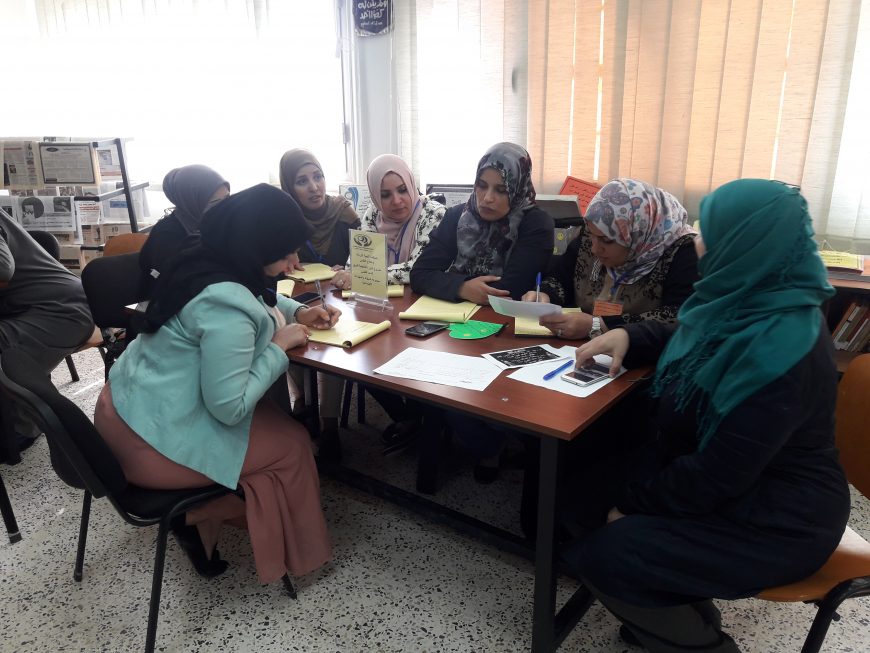Following the cessation of hostilities in Benghazi in July 2017, essential infrastructure, basic services and the environment all bore heavy scars from the conflict. Over 35,000 families had left their homes. Their enthusiasm to return is tempered by the miles of unusable roads, closed schools, and lack of functional health facilities.
To foster the return of displaced families, ACTED and its local partners provided support to local civil society initiatives which aimed to rehabilitate conflict-affected neighborhoods to encourage the return of residents.
Benghazi - A city devastated
In mid-2014, as the conflict erupted in Benghazi, waves of displacement began, continuing well into early 2015. While the fighting first ended in the district of Benina in early 2015, it took more than two years for peace to return across all neighborhoods of the city. Three years of conflict left the city devastated and over 35,000 families displaced.
Partnering with the civil society to improve conflict-affected neighborhoods
ACTED and its local partners, LibAID and the Civil Society Commission, selected six local civil society organizations (CSOs) to implement initiatives in their community which would address the consequences of the conflict and contribute to safer neighborhoods. With capacity building and financial support from ACTED, the six CSOs delivered such projects as the rehabilitation of public educational and recreational spaces and the provision of psycho-social support to children and their parents in the neighborhoods of Benina, Ganfouda and Al-Leithi.

Improving the well-being of the community where most needed
The Libyan Organization for Guidance & Psychosocial Support choose to address child psychological problems that resulted from the conflict in Al-Leithi neighborhood, especially the cases of nightmares, violence, anger, and anxiety, with the objective of helping mental health recovery.
Labayk Watani Foundation worked on restoring the facilities of Thwirit Eltakbeer primary school for boys in Ganfouda, after it was forced to close in 2014 due to the conflict, sustaining severe structural damages. The school reopened in 2019, and is now back to its full capacity, serving children of school age in the Ganfouda neighbourhood.